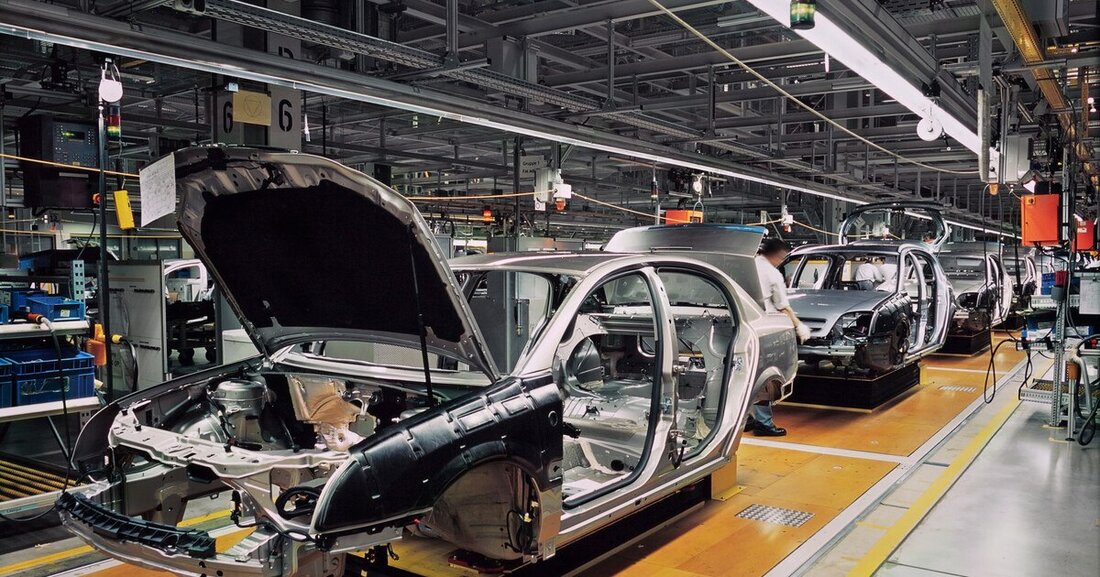This is what the Corona crisis is costing
It is a veritable trail of devastation that the Corona crisis has left behind on the economy and particularly on the auto industry. Analysts from EY have now extrapolated the losses suffered by the largest car companies - and are predicting factory closures and job losses for next year.

This is what the Corona crisis is costing
The Corona crisis has cost the automotive industry billions worldwide and pushed it deep into the red. According to an analysis by the consulting firm EY, the operating losses of the 17 largest car companies totaled almost eleven billion euros in the second quarter - after a profit of almost 22 billion euros in the second quarter of the previous year. Only six manufacturers did not have to post red numbers, only Tesla did better in the period from April to June than in the previous year and, according to EY, jumped straight to the top of the ranking of the most profitable car companies.
According to the analysis, none of the manufacturers were able to save themselves from falling sales in the second quarter. Together they lost almost 177 billion euros, a decrease of 41 percent compared to the same quarter of the previous year. Here too, however, the range is wide and ranges from a 5 percent drop in sales at Tesla to a 57 percent drop in sales at Mitsubishi. The three German manufacturers Volkswagen (-37 percent), Daimler (-29) and BMW (-22) were in the middle.
“There has never been such a slump in sales, profits and sales,” said the head of the Automotive & Transportation division at EY, Constantin M. Gall, to the German press agency dpa. “The pandemic brought the global automotive industry almost to a standstill at times - with correspondingly catastrophic consequences for sales and profit development.”
When it comes to sales, China proved to be the most important pillar of support for German manufacturers in the second quarter: All three German car companies were able to increase their sales in China in the second quarter, while sales in the other regions fell massively. As a result, China's share of German car manufacturers' global sales rose from 33 to 51 percent, according to Gall.
“Great Awakening” and “brutal selection” next year
Although the third quarter will be significantly better than the second, the EY experts do not expect sales figures to return to pre-crisis levels until 2022 at the earliest. According to EY, this tentative recovery is aggravating the problem of overcapacity that has been simmering for years. There is no getting around factory closures and job losses - but not yet. “The great awakening will probably only come next year,” said EY auto expert Peter Fuß. “Then there will be a brutal selection.”
In other words: the consolidation of the automotive industry will accelerate in the coming months and years. “Not all car manufacturers and certainly not all suppliers will survive this crisis,” says Gall. As a countermeasure, companies would have to work together much more closely in the future than before. This, in turn, increases the need for factory closures and job losses.

 Suche
Suche
 Mein Konto
Mein Konto